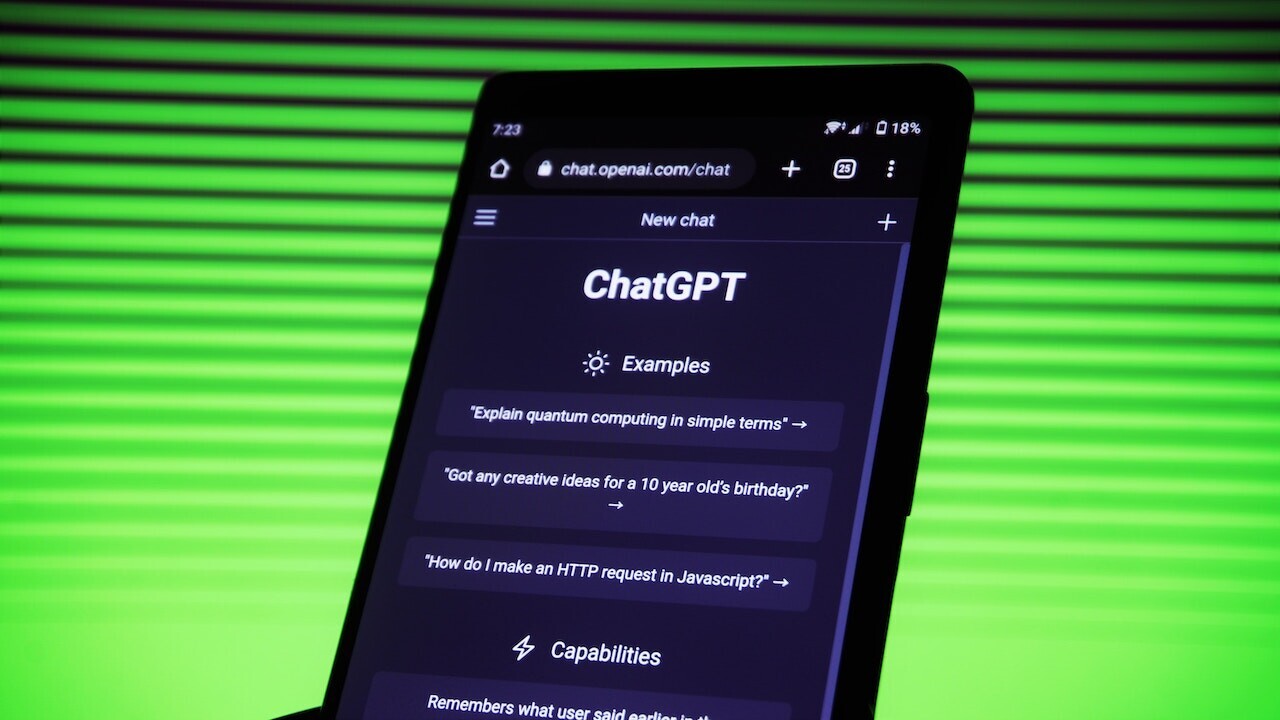
Story by
Dara Flynn
Dara Flynn is a journalist and content specialist with a background in national newspapers and magazines and a focus on lifestyle, business Dara Flynn is a journalist and content specialist with a background in national newspapers and magazines and a focus on lifestyle, business and tech.
Everybody can breathe out. Next generation artificial intelligence isn’t the existential threat to tech jobs the AI doomers imagined it would be.
In fact, Natural Language Processing (NLP) tools such as OpenAI’s ChatGPT, Google Bard, and Bing Chat are not only revolutionising how we access and share information, they’re shaking things up in tech recruitment, too.
This fast-changing landscape is spawning tons of new opportunities, and among them is the highly specialised role of the prompt engineer.
The prompt engineer is at the coalface of generative AI, responsible for designing the instructions that feed AI tools such as ChatGPT, the poster child of the industry. In a sense, the prompt engineer is to AI what the neurosurgeon is to the patient, helping it to rewire its neural pathways. This is done using prompts.
These carefully worded pieces of text coax the generative AI tool into returning the most accurate and relevant responses. With enough quality prompts, a chatbot learns to filter out inaccuracies and stay on track in user interactions.

The <3 of EU tech
The latest rumblings from the EU tech scene, a story from our wise ol’ founder Boris, and some questionable AI art. It’s free, every week, in your inbox. Sign up now!
Remember when Microsoft Bing spooked New York Times reporter Kevin Roose by professing its love for him and encouraging him to leave his wife? Good prompt engineering will, in the future, prevent that sort of exchange from happening (whether the user likes it or not).
Why a prompt engineer?
Already, early adopters of ChatGPT have been on social media enthusiastically sharing their hacks for getting better bot responses simply by upping their wording game. Prompt engineers basically do this for a living, but on a much larger scale.
The demand for this new specialism extends far beyond the confines of Silicon Valley. As AI tools go mainstream, scores of new AI companies worldwide (and AI units in established tech giants) are seeking to hire not only prompt engineers, but data scientists and machine learning engineers.
These specialist crack teams are helping companies make their mark in this groundbreaking new sector.
It’s shaping up to be a promising new career
Like other AI-related careers, prompt engineering is a role that could be suitable for a person with transferable skills from other areas of the tech sector, such as NLP engineering, general software engineering, UX research, data science, and linguistics.
Content writing and editing skills are not only highly transferable; they’re a major plus. In fact, for NLP-related jobs, language skills are as important as tech know-how.
A language processing prompt engineer needs to innately understand how people word things when they interact with AI. Sometimes referred to as the ‘AI whisperer’, the prompt engineer makes AI make sense, which is why many of its pioneers are wordsmiths, copywriters, and academics.
As this is a specialised, niche role with growing demand, you can expect a very competitive salary and attractive benefit packages. Last month, Bloomberg reported that prompt engineers at OpenAI’s ChatGPT were being paid $175,000 to $300,000 per annum.
Looking to get into other growing careers in AI?
House of Talent has thousands of exciting roles in this field. Among them is Signal AI, a London-based firm at the cutting edge of AI technology. It is now hiring a range of AI-focused engineers, including a Senior Site Reliability Engineer (SRE).
As part of Signal’s SRE team, you’ll be in a collaborative role alongside members of the product and technology teams.
The right candidate will be proficient in must-have tools such as Terraform, Python, Go, and Clojure, as well as an ace problem-solver and strategic thinker.
You’ll also have a growth mindset that matches the company’s ambitions to scale its operations as the AI boom grows boomier. This is a role that comes with a serious benefits package.
Signal understands that given the novel territory that is AI, you won’t tick every single box from the outset. So if the role excites you and the skillset has a familiar ring to it, don’t let imposter syndrome stand you down.
Right now, Germany-based company Maddox AI is hiring a Senior Machine Learning Engineer. The right candidate will play a crucial role in designing the infrastructure and tools that deploy the company’s machine-learning solutions.
Someone with three or more years of experience in machine learning would be a good fit, and in return Maddox promises a competitive salary, 30 days annual leave and a flat hierarchy working culture that values democracy, communication and teamwork. This job is remote.
In Cork, Ireland meanwhile, Morgan McKinley Recruitment is seeking a data engineer with experience in building machine learning pipelines and operations on a cloud platform such as AWS or Azure.
Ideally, you’ll have two years’ of experience in a similar role, experience performing root cause analysis on internal and external data and you’ll be comfortable extracting value from large, disconnected datasets.
Apply for this hybrid-remote role now at the House of Talent Jobs board.
Get the TNW newsletter
Get the most important tech news in your inbox each week.
Also tagged with



